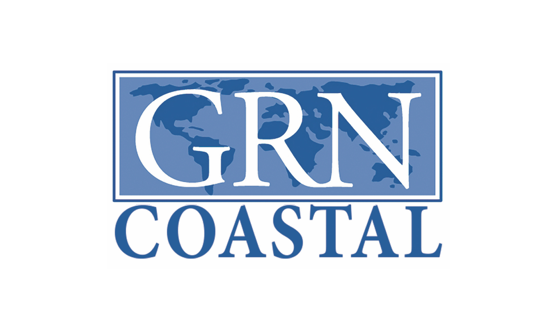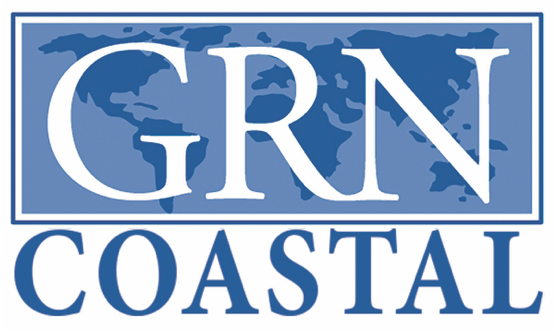The United States Department of Labor puts the cost of a bad hire at up to 30% of the employee’s wages for the first year. Therefore, hiring a recruiting firm to fill a role can be cost-effective when considering the long-term impact of making the right hire. While there are upfront costs associated with engaging a recruiting firm, these expenses are often outweighed by the potential savings and benefits in the following ways:
Reduced Time to Fill: Vacant positions can lead to decreased productivity, increased workload for existing employees, and missed business opportunities. Recruiting firms specialize in sourcing and screening candidates efficiently, which can significantly reduce the time it takes to fill a role. By minimizing downtime, organizations can avoid the financial losses associated with prolonged vacancies and maintain business stability.
Lower Turnover Rates: Recruiting firms focus on finding candidates who not only have the required skills and experience but also fit well with the company culture and values. By ensuring better alignment between candidates and the organization, recruiting firms help reduce turnover rates. High turnover incurs substantial costs in terms of recruitment, onboarding, training, and lost productivity. Hiring the right candidate the first time can lead to significant savings in these areas.
Access to Top Talent: Recruiting firms have extensive networks and resources to reach both active and passive candidates, including those who may not be actively searching for job opportunities. This access to top talent increases the likelihood of finding high-quality candidates who are well-suited for the role. Hiring exceptional talent can drive business growth, innovation, and competitive advantage, ultimately resulting in improved financial performance and ROI.
Expertise and Efficiency: Recruiting firms specialize in talent acquisition and have dedicated teams with expertise in various industries and job functions. They streamline the hiring process by handling tasks such as candidate sourcing, screening, and initial interviews. This expertise and efficiency save valuable time and resources for the hiring organization, allowing internal HR teams and hiring managers to focus on their core responsibilities.
Minimized Hiring Risks: Making a bad hire can have significant financial consequences, including decreased productivity, disruption to team dynamics, and potential reputational damage. Recruiting firms mitigate these risks by conducting thorough assessments and background checks to ensure candidates meet the required qualifications and fit well within the organization. By minimizing hiring risks, recruiting firms help protect the company’s bottom line and long-term success.
Overall, while hiring a recruiting firm incurs upfront costs, the long-term benefits in terms of reduced time to fill, lower turnover rates, access to top talent, expertise and efficiency, and minimized hiring risks make it a cost-effective investment for organizations seeking to fill key roles with the right candidates.








